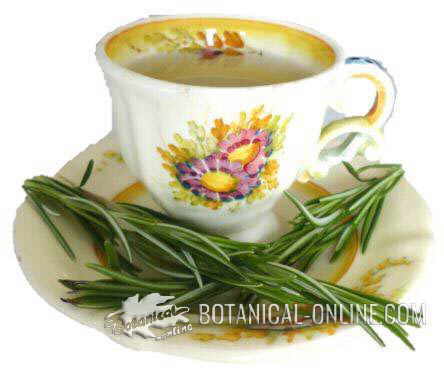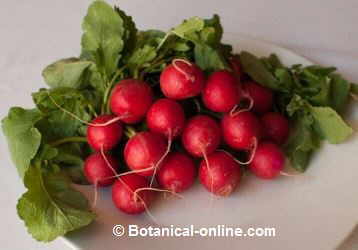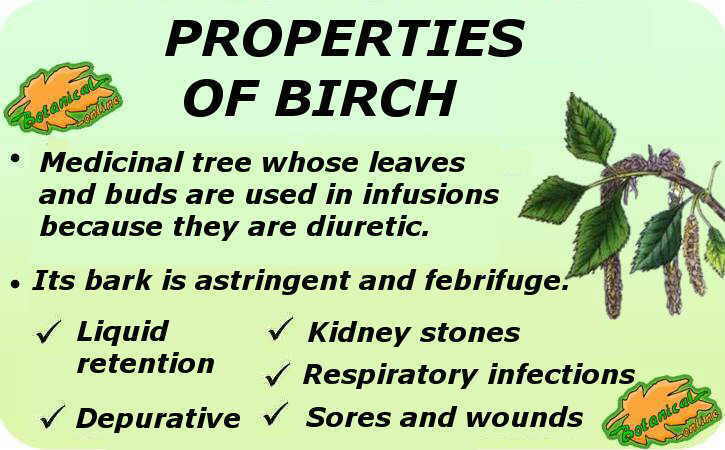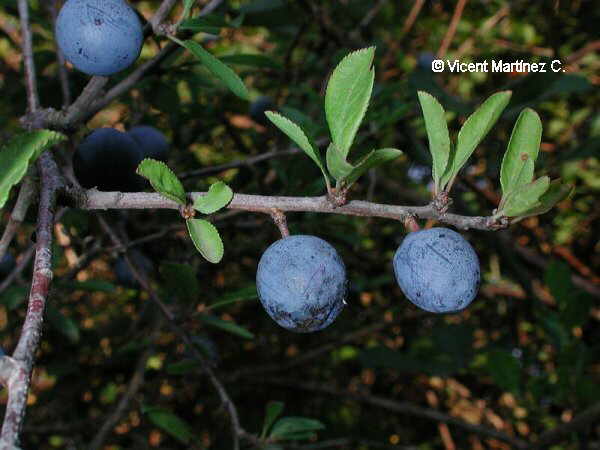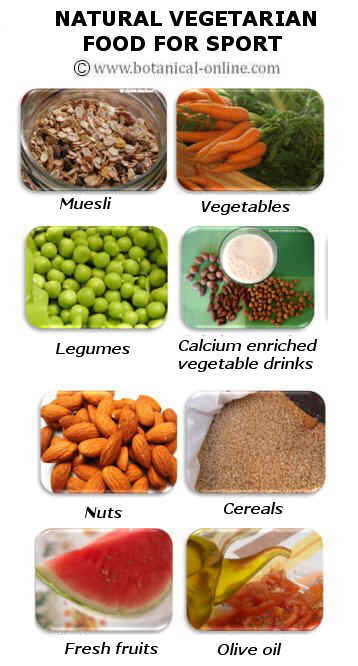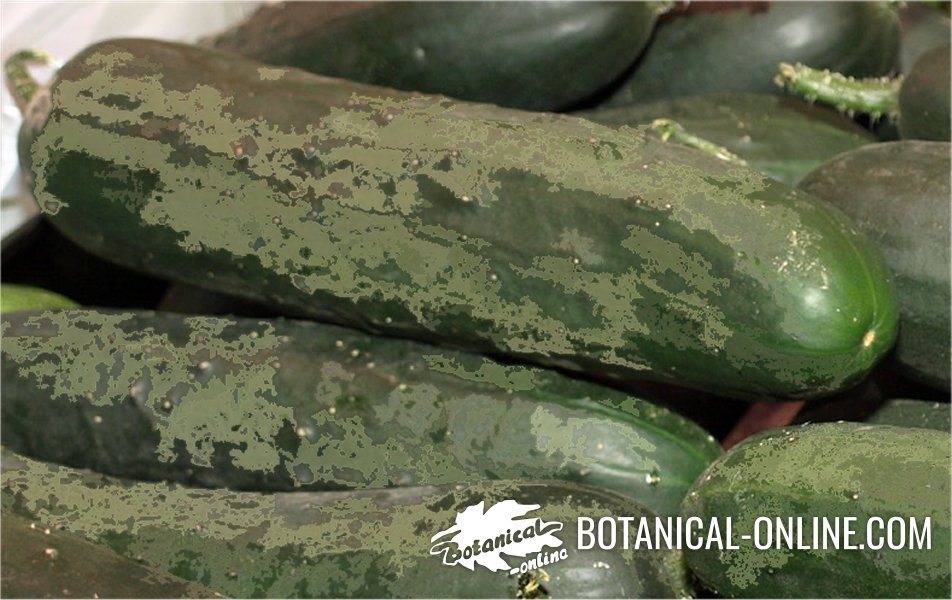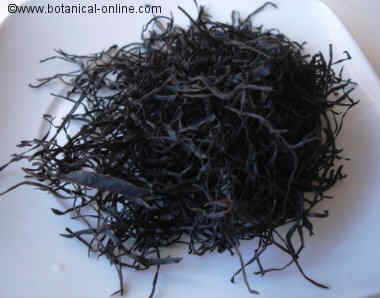Contents
DURIAN AS FOOD
What is a durian?
Durian is the fruit of the durian tree (Durio zibethinus), native from the rainforests of Indonesia.
It is known for its extravagant appearance, large size, thick shell that is hard and covered with sharp spines. The shell color can vary from green to yellow or brown.
Is durian fruit edible?
The fruit is divided into compartments, which have large seeds, coated with a fleshy pulp, which is the edible part of the fruit. There are many varieties of durians, and its pulp can vary in color: cream, yellow, pink or orange.
Are durian seeds edible?
The seeds are also consumed in some regions, but they should be roasted, toasted or fried before eating.
What is the most striking in the durian fruit?
This fruit has a particularity: its characteristic odor. In fact, the smell of durian is strong, and even more at maturity.
It is said durian odor is a mixture of odor from rotten onions, cheese and turpentine.
You can smell it for miles, as cited by some authors. In fact, in many airports, hotels, restaurants and public places in Indonesia, the entrance of this fruit is expressly prohibited.
Durian qualities
The edible part of the fruit is the pulp. The pulp of the durian is very creamy, soft and sweet. It is described as a mixture of caramel, cream and strawberries, one of the most appetizing and exotic tropical fruits.
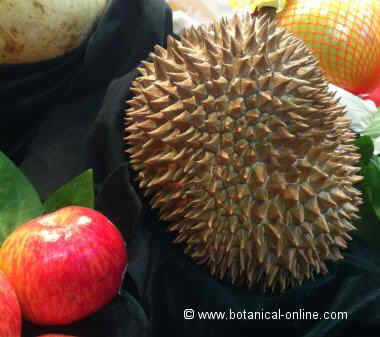 In the image photo of a durian next to an apple
In the image photo of a durian next to an apple
How to eat a durian fruit
The durian edible part is the pulp that surrounds the seeds. Typically eaten fresh, because the fruit is very perishable, should be eaten seven days after the fruit has fallen from the tree.
There are some traditional recipes with durian in its region of origin.
A durian can be boiled with sugar or coconut water to make a paste sweet and tasty. This pulp can be dried, canned or turned into syrup, especially for export.
Nutritional Value of Durian
Durian fruit, nutritionally speaking, is a very energetic food, rich in vitamins.
It gives us natural sugars of fruits, easily absorbed, such as glucose and fructose. Along with its content in minerals like magnesium and B vitamins, the durian fruit is suitable for sport.
However, the durian is a fruit not recommended in people with diabetes. Those with diabetic disease should moderate the consumption of durian because it increases significantly the blood sugar levels.
Another important nutrient in durian is the amount of healthy fats it provides us, such as Omega 3 and omega 6, so it is suitable for balanced diets.
Among the proteins, we should emphasize its contribution in tryptophan, important to combat stress.
Like all fruits, this food contains natural fiber, beneficial for your intestinal transit.
The fruit is also a good source of vitamin C, important for immunity and as an antioxidant in the body. We must also mention its beta carotene content, which provides color to this fruit and protects your skin and your membranes. It also has diuretic properties, due to its richness in potassium and because it is low in sodium.
Why does a durian fruit smell so strong?
The strong smell reminiscent of onion fruit is due to its content in thiols, very aromatic organosulfur compounds.
Durian composition
| Main nutrients of Durian per 100g. | |
| Nutrient | Amount |
| Calories (kcal.) | 147 |
| Carbohydrates (g.) | 27,09 |
| Proteins (g.) | 1,47 |
| Fats (g.) | 5,33 |
| Fiber (g.) | 3,80 |
| Vitamin C (mg.) | 33 |
| Vitamin B1 or thiamin (mg.) | 0,37 |
| Vitamin B2 or riboflavin (mg.) | 0,20 |
| Vitamin B3 or niacin (mg.) | 1,07 |
| Vitamin B6 o pyridoxine (mg.) | 0,32 |
| Sodium (mg.) | 1 |
| Potassium (mg.) | 436 |
Durian properties
- For your heart: Because of its wealth in thiols or sulfur compounds, this fruit is beneficial for your heart. It also has polyphenols with antioxidant power and fiber, which helps prevent some diseases and lowers cholesterol.
- Traditional remedy: in regions where this fruit comes from, the durian is used against malaria, against intestinal worms and fever.
![]() More information on durian.
More information on durian.

